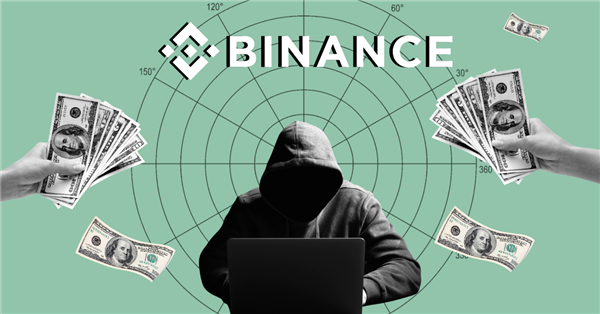In a recent development, Changpeng Zhao, the founder of Binance, known as CZ, is reportedly petitioning to be allowed to stay in the United Arab Emirates until his sentencing. John Reed Stark, a former SEC official, has been closely following these proceedings and—as usual—offers his hostile perspective on the matter.
CZ and His Legal Strategies and the Court’s Delicate Balancing Act
CZ’s legal team, working through the Thanksgiving holiday, has mounted a strong opposition to the DOJ’s motion, challenging a decision by Magistrate Judge Brian A. Tsuchida. This decision currently permits CZ to reside in the UAE until his sentencing. Notably, CZ’s team emphasizes that his foreign citizenship and wealth should not be construed as an increased flight risk.
The legal discourse has reached a critical juncture with Judge Tsuchida labeling his decision to allow CZ’s stay in the UAE as a “close call.” Judge Richard A. Jones, overseeing the case, could potentially overturn this decision, introducing stricter bail conditions or other measures to ensure CZ’s compliance.
The defense is preparing to argue for minimal, if any, jail time. They are advocating for a sentence that could include home detention or community confinement, pointing to CZ’s cooperation and the nature of his offenses as mitigating factors.
John Stark’s Insight
Stark argues that the legal maneuvers by CZ and his team, while expertly crafted, should not distract from the gravity of his actions when he was the CEO of Binance. Stark’s perspective is unflinchingly straightforward: he views Binance under CZ’s leadership as a platform that flagrantly ignored regulatory compliance, directly contributing to a range of illicit activities.
He describes the exchange as a global criminal enterprise, asserting that CZ’s leadership was akin to an absolute dictatorship. Stark highlights how CZ’s decisions led to Binance’s failure in implementing necessary measures to prevent transactions with known terrorist organizations and other criminal elements. This, according to Stark, included dealings with entities like Hamas, Al Qaeda, and ISIS, among others.
Stark’s take is that Binance, under CZ, became a conduit for a range of illegal activities, from money laundering to facilitating transactions in ransomware proceeds. He thinks the Judge should not give CZ a light sentence.
Source: Read Full Article
